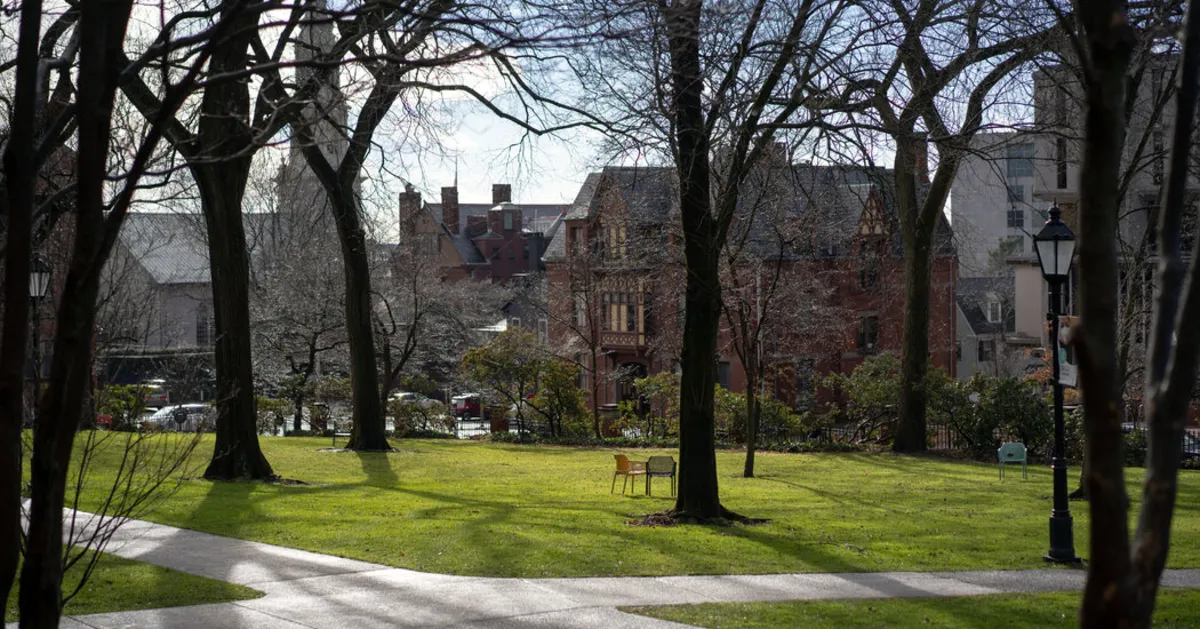
A prominent kidney transplant specialist and professor at Brown University’s medical school, Dr. Rasha Alawieh, has been deported from the United States under controversial circumstances. Dr. Alawieh, a 34-year-old Lebanese citizen, had traveled to Lebanon last month to visit family. Upon her return to the U.S. on Thursday, she was detained, despite holding a valid visa and a court order that temporarily blocked her expulsion.
According to court documents filed by her cousin, Yara Chehab, Dr. Alawieh was unexpectedly detained by authorities when she arrived back in the United States. Judge Leo T. Sorokin of the Federal District Court in Massachusetts had issued an order on Friday evening requiring the government to provide the court with 48 hours’ notice prior to any deportation of Dr. Alawieh. However, in a shocking turn of events, she was placed on a flight to Paris, presumably en route back to Lebanon.
Following Dr. Alawieh's deportation, Judge Sorokin expressed concerns regarding U.S. Customs and Border Protection's apparent disregard for his court order. In a second order filed on Sunday morning, he highlighted evidence suggesting that the agency may have willfully disobeyed his instructions. The judge emphasized that he had adhered to what he described as “common practice in this district as it has been for years.” He directed the federal agency to respond to these “serious allegations” surrounding the deportation.
The legal battle over Dr. Alawieh's deportation continues, with a hearing scheduled for Monday. Clare Saunders, a member of the legal team representing Ms. Chehab, has provided court documents to The New York Times. Ms. Chehab has actively filed petitions aimed at preventing her cousin’s deportation and advocating for her return to the United States.
In a noteworthy aspect of this case, Ms. Chehab's petitions name several high-profile members of the Trump administration as defendants. Among those listed are Homeland Security Secretary Kristi Noem, Secretary of State Marco Rubio, and the acting commissioner of Customs and Border Protection, Peter Flores. This inclusion raises significant questions about the administration's immigration policies and their impact on individuals with valid visas.
This unfolding situation surrounding Dr. Rasha Alawieh highlights the complexities of U.S. immigration laws and the potential for miscommunication between federal agencies and the judiciary. As the legal proceedings progress, many are watching closely to see how this case will influence future decisions about deportation and the rights of individuals with valid documentation.